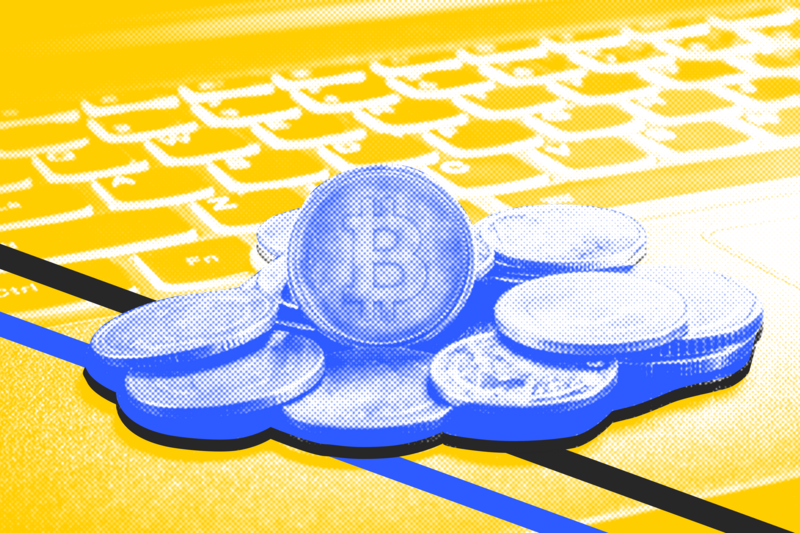Several significant developments from both governments and companies have taken place across the globe this week.
SEC Ripple appeal
The SEC will appeal a recent court decision involving Ripple Labs, Reuters reported this week. The decision was described as “a setback for the agency’s efforts to oversee cryptocurrency markets”.
While the decision is specific to the facts of the case, it likely will provide ammunition for other crypto firms battling the SEC over whether their products fall under the regulator’s jurisdiction, Reuters said. An SEC spokesperson said the agency was pleased with part of the ruling in which the judge held that Ripple violated federal securities law by selling XRP directly to sophisticated investors.
In a letter on Wednesday, the SEC asked US District Judge Analisa Torres to let a federal appeals court review her July decision, in which she said the sale of Ripple’s XRP digital token on public exchanges complied with federal securities laws.
Judge Torres said the court would be moving forward with plans for a jury trial for Ripple, CEO Brad Garlinghouse, and co-founder Chris Larsen. The judge gave a deadline of August 23 for prosecutors and defense lawyers to submit blackout dates for the trial but aimed for a start date between April 1 and June 30, 2024.
PayPal announces stablecoin
PayPal has become the first major fintech to launch a stablecoin, in the form of PayPal USD (PYUSD), 100% backed by US dollar deposits.
This move could lead to other fintechs launching their own stablecoins. Currently USD Coin (USDC), Tether (USDT), and Binance Coin (BUSD) dominate the market.
“The shift toward digital currencies requires a stable instrument that is both digitally native and easily connected to fiat currency like the US dollar,” Dan Schulman, president and CEO, PayPal, said. “Our commitment to responsible innovation and compliance, and our track record delivering new experiences to our customers, provides the foundation necessary to contribute to the growth of digital payments through PayPal USD.”
The global economic crisis and growing counterparty risk, increased currency volatility relative to the stability of the US dollar, and the explosion in stablecoin use cases across payments, commerce, and financial applications, are all reasons why stablecoins are booming, says Circle, which operates USDC.
The release launched a flood of fake tokens on the Uniswap exchange.
Brazil unveils CBDC
The Central Bank of Brazil has announced the launch of DREX, known until now simply as the digital real.
“DREX combines several elements of innovation: the D for digital, R for real, E for electronic, and X for transaction, taking a step further in this family of Pix that we created and was a success,” Fábio Araújo, coordinator of the digital real, said.
The fintech sector is relatively advanced in Brazil and crypto acceptance is ahead of many other markets.
“The digital real will be a reality and will underpin the cryptocurrency market. It will allow municipalities, states, and public powers to have their digital wallets, which will gain scale and attract investors,” said Senator Carlos Portinho. ““It will allow us to track the real destination of the money. For example, if an amendment that we allocate for the construction of a hospital was effectively used for that or was lost within a health fund.”
Singapore crypto donations
Singapore is regularly ahead of the game in adopting new technology, and crypto is no exception.
The Singapore Red Cross announced this week it would start accepting crypto donations in a partnership with Triple-A, a crypto payment gateway licensed by the Monetary Authority of Singapore (MAS). This will allow for donations from any location globally.
“By accepting digital currencies, we open our doors to a new segment of donors who are tech-savvy and wish to make a difference through their digital assets. Enabling cryptocurrency donations also opens more opportunities for the new generation of donors who are au fait with digital currencies to consider philanthropy and helping the vulnerable,” Benjamin William, CEO, Singapore Red cross, said.
Revolut removes crypto
The Revolut banking app’s US customers will no longer be able to purchase crypto from September 2, while selling and holding crypto will be disabled from 3 October.
“As a result of the evolving regulatory environment and the uncertainties around the crypto market in the US, we’ve taken the difficult decision, together with our US banking partner, to suspend access to cryptocurrencies through Revolut in the US,” the firm said in a statement.

















